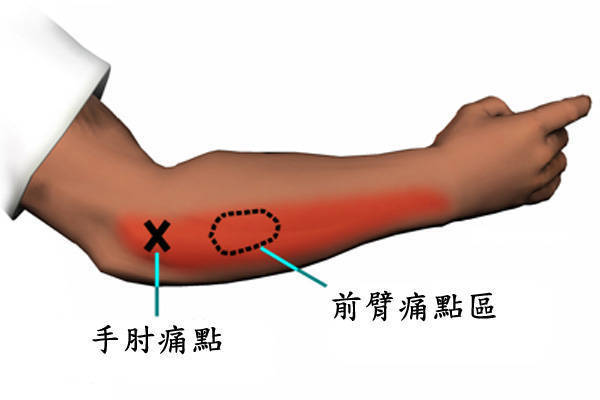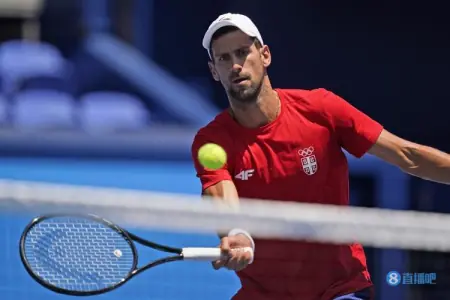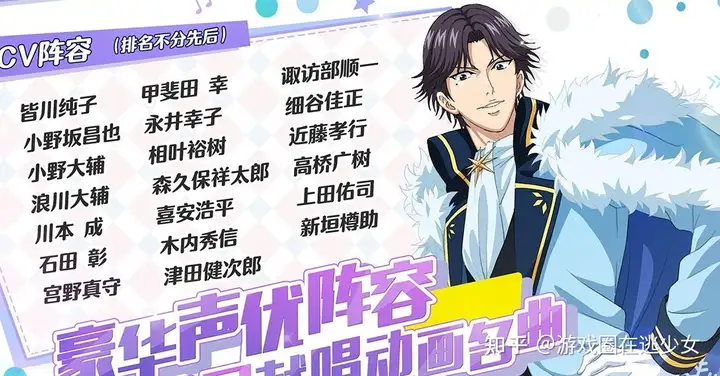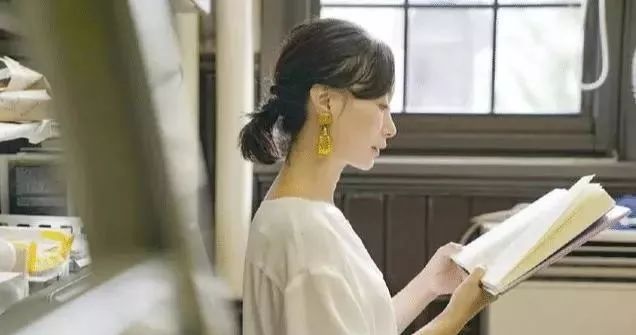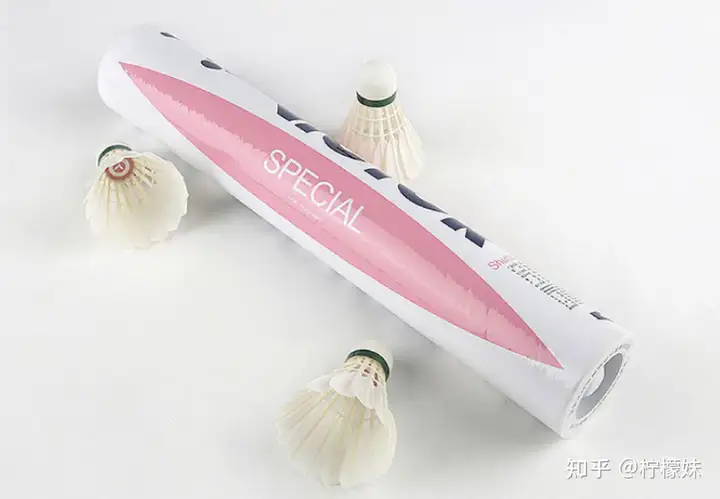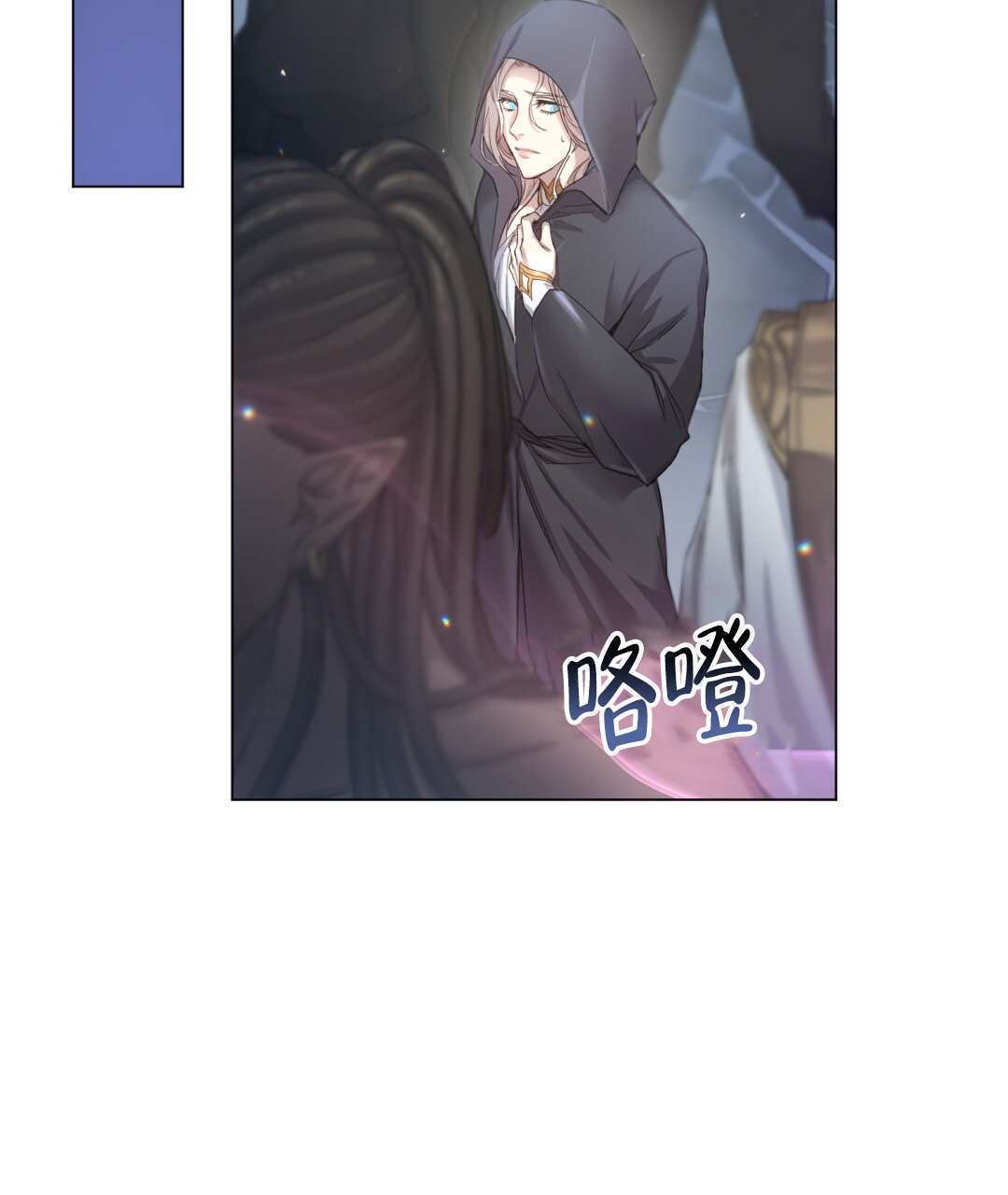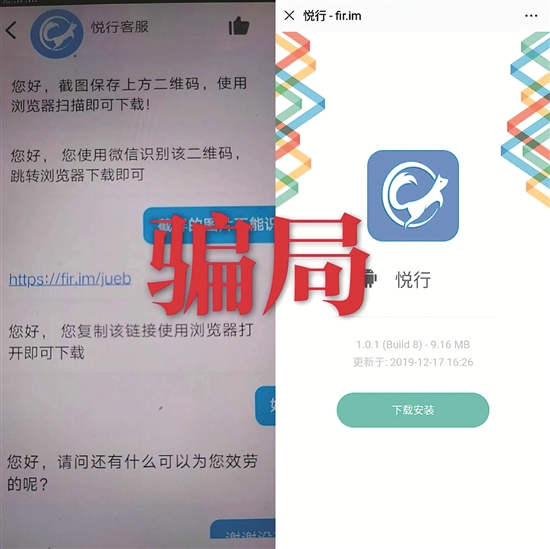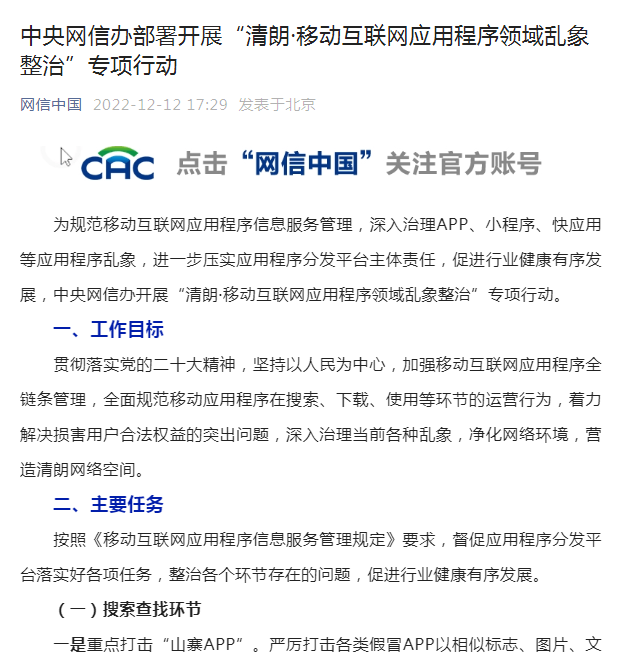人教版新目标英语九年级Unit 14重点短语和知识点梳理
人教版英语九年级Unit14 I remember meeting all of you in Grade 7重点短语和知识点梳理。
短语归纳
1. win a prize 获奖
2. do a school survey 做一个学校调查
3. meet the standard of a strict teacher
满足一位要求严格的老师的要求
4. meet this group of friends 遇到这群朋友
5. score two goals in a row 连续踢进两个球
6. learn to play the keyboard 学会弹钢琴
7. be patient with sb 对……有耐心
8. work out the answer yourself 自己找出答案
9. guide sb to do sth 指导某人做某事
10. put in more effort 更加努力
11. look back at回首
12. pride of overcoming fear 克服恐惧感的自豪
13. make a great big mess 弄得一团糟
14. keep my cool 保持我的清高
15. try to be on time for morning reading 尽力赶上早读
16. look forward to doing sth 期望做某事
17. join the school swim team 加入学校游泳队
18. get a business degree取得一个商业学位
重点句子
1. What happened in Grade 7 that was special?
在七年级时发什么了什么特别的事?
Our team won the school basketball competition.
我们队赢了学校的蓝球比赛。
2.How have you changed since you started junior high school?
你上中学后有什么变化?
Ive become much better at speaking English.
我在说英语上比以前更好。
3. How do you think things will be different in senior high school?
你认为在高中会有什么 不同?
I think that Ill have to study much harder for exams。
我想我将更加为考试努力学习。
4. What are your plans for next year?
你明年的计划是什么?
Im going to join the school volleyball team.
我将加入学校排球队。
5. What do you remember about Grade 8.
关于八年级你记得什么?
I remember being a volunteer.
我记得当一名志愿者。
6. What do you use to do that you dont do now? 你
以前做而现在不做的事是什么?
I used to take dance lessons, but I dont anymore.
我以前上舞蹈课,但现在不上了。
7. What are you looking forward to?
你期望做什么?
Im looking forward to going to senior high school.
我期望上高中。
考点解析
Section A
1. help的用法
(1)help sb do sth.意为“帮助某人做某事”
I can help you learn English.
(2)help sb to do sth.意为“帮助某人做某事”
I can help you to learn English.
(3)help sb with sth.意为“帮助某人做某事”
I can help you with (learning) English.
Our teacher always helps us ____ our English.
A. for B. into C. to D. with
2. with the help of sb=with one’s help意为“在某人的帮助下”
with the help of him
=with his help.在他的帮助下
With the help of policemen,we found our lost child.
Linda is not good at Chinese,but she passed the exams____the help of her classmates.
A.with B.under C.without
3. 在招待客人时,我们可以说:help oneself to sth意为“随便吃……”。
Tom, help yourself to some bread,please.
Children,help yourselves to some bread,please.
4. can’t/couldn’t help doing sth意为“情不自禁地做某事,忍不住做某事”
She couldn’t help crying when she heard the news.
5. try one’s best to do sth意为“尽某人的最大努力去做某事”.
We must try our best to finish the work in two days.
6. be strict with sb“对某人要求严格”
be strict in sth“对某事要求严格”
The teacher should be strict with the students and the students should be strict in their study.
Mr Wang is quite strict ___ his son and ___ his work.
A. with;with B. with;in
C. in;in D. in;with
7. (1)learn to do sth意为“学习做某事”
My younger brother is learning English.
(2)learn from意为“向……学习”
We must learn from Lei Feng.
(3)learn by oneself意为“自学”
He learns French by himself.
(4)learn about意为“了解,知道”
The more you learn about the Chinese history,the more you enjoy living in China.
8. 乐器前必须加定冠词the,球类运动前不加任何冠词。
play the piano 弹钢琴
play soccer踢足球
Dave doesn’t like playing_____volleyball,but he likes playing____piano.
A.the;the B./;the
C.the;/ D./;/
9. advise doing sth“建议做某事”
advise sb to do sth“建议某人做某事”
Mrs Brown advises us to eat healthy food.
I advise waiting till the right time.
10.break用作名词时,意为“休息;休息时间”。take a break意为“休息一会儿”
She’s worked for 27 hours without a break.
We’ve been busy for hours.We’d better take a break.
11.表示“吃药”时,常用take the medicine,一般不用eat或 drink。
I took some medicine for my headache just now.
12.instruction意为“指示,说明”时常用复数形式instructions.
He gave really clear instructions during PE class.
The instructions on the medicine box are very confusing.
You’d better read the_______first before you use the camera.
A.websites B.expressions
C.instructions D.advertisements
13.be patient with sb对某人有耐心
be patient of sth忍耐某事
You should learn to be patient.
I am patient with my sister.
14.work out意为“解决;算出”;另外,work out还有“结果为”之意,work out fine/well意为“奏效”。
This problem is so hard that I can’t work it out.
Everything is working out well.
15. no matter what=whatever意为“无论什么”
no matther where
=wherever
无论在哪
no matter when
=whatwhen
无论什么时候
No matter what you say,I won’t believe you.
___I am in trouble,my best friend Li Lei always helps me.
A.Whenever B.Whatever
C.However D.Never
16.guide sb to do sth “指导某人做某事” guide sb to +某地“指引某人去某地”
He can guide you to find the way.
I guided him to his seat.
17.encourage sb to do sth“鼓励某人做某事”
encourage sb in sth“在……方面鼓励某人/助长某人的某种行为”
Parents should encourage children to do things by themselves.
Don’t encourage him in laziness.
Jessica’s parents always encourage her_____out her opinions.’
A.speak B.speaking
C.to speak D.will speak.
18.prepare for意为“为……作准备”;
I can’t go to the movies with you because I have to prepare for an exam.
prepare to do sth“准备做某事”
Taking out a piece of paper,he prepared to write to his parents.
19.have fun
=have a good time
=enjoy oneself意为“做某事很开心”后面都接动词-ing形式。
We had a good time in the park yesterday afternoon.(同义句转换)
Wein the park yesterday afternoon.
20.wish to do sth “希望做某事”
We wish to live in a big house with a big garden.
wish sb to do sth “希望某人做某事”
We wish our teacher to join us.
—What are you going to do when you grow up?
—I singer,but my parents wish me____a teacher.
A.am B.to be
C.will be D.be
21.hope to do 意为“希望做某事”不可用于hope sb to do sth.结构
I hope to go to Beijing.
22.It’s time for sth意为“该是(做)……的时候了”
Boys and girls,it’s time for class.
It’s time (for sb )to do sth意为“该是(某人)做某事的时候了”
It’s time to go to school.
It’s time for you to clean the classroom.
23.graduate from意为“从……毕业”
Tom graduated from the university last year.
24.lovely 意为“可爱的;美丽的;美好的”
You look lovely with your short hair.
lively意为“生动的,活泼的,有生机的”
Mr Brown always makes his class lively.
(1)Mr Brown always makes his class ___ and keeps his students ___ in class.
A.alive;interesting B.lively;interesting
C.alive;interested D.lively;interested
(2) Those toys for children look____and sell____.
A.good;lovely B.lovely;good
C.well;lovely D.lovely;well
25.情态动词have to和must的区别
have to意为“必须,不得不”表示客观的需求,有人称、数和时态的变化。能用于过去时或将来时。don’t have to意为“不必”
must意为“必须”表示说话人主观上的看法,只有一种形式。不能用于过去时和将来时。mustn’t表示禁止,意为“绝对不能”
I must do my homework now.
我现在必须做作业了。(主动)
I have to do my homework now.
我现在不得不做作业了。(被动)
(1)You ___ wear sports shoes when you climb a mountain.
A.can’t B. shouldn’t
C. mustn’t D.have to
(2)—Dad,must we wait until the light becomes green?
—Yes,I’m afraid we ____ .That’s the traffic rule.
A.can B.may
C.have to D.need
26. need的用法
(1)need做实义动词时后跟动词不定式和动名词两种形式,后跟不定式和动名词的区别
当主语是人时,后跟动词不定式,即need to do sth意为“需要做某事”,用于肯定句
I am tired,I need to have a good rest.
当主语是物时,后接动名词,即need doing.“需要被做”
My hair is long,it need cutting.
(2) need做情态动词时,后跟动词原形,一般用于否定句和疑问句中.
在回答need引导的疑问句时,其肯定回答用must;在回答 must引导的疑问句中,其否定回答用 needn’t如
—Need I go to the party tomorrow evening?
—Yes,you must/No,you needn’t/you don’t have to
—Must I go home now?
—Yes,you must/No,you needn’t/No,you don’t have to
(1)—Must I be in hospital for a week,Doctor?
—No,you ___ .You can go back home tomorrow.
A.mustn’t B. needn’t C. must
(2)You need _________(add) some red sugar to the soup.
(3)The bike is broken,it need ___ .(repair)
27.have problems with sth意为“在某方面有困难”
I have problems with my English sometimes
have problems in doing sth意为“做某事有困难”
We had some problems getting to the top of the mountain.
—I have great_____in finishing the work by myself.Could you help me?
—No problem
A.fun B.success
C.advice D.difficulty
28.go by意为“(时间)过去;消逝”
Two years went by.Time goes by quickly on vacation.
29.记住几表示“最后”的短语
(1)in the end
= at last
= finally(in the end后面没词)
In the end they reached a place of safety.
(2)at the end of …意为“在…的最后”(at the end of 后面必须有词)
at the end of the road
在路的尽头
at the end of the class
在这节课的末尾
(3)by the end of…意为“到……结束时”,常用于过去完成时。
By the end of last year,I had written two books.
At the end of the street you’ll find it.
_____ the end, they found a supermarket______ the end of the road
A.At; in B.In; at
C.In; by D.By; at
Section B
1. believe in表示信任某人,相信某人的价值,也可指“信仰、信奉(真理、宗教)等。
I believe in his good character. Some people believe in God.
believe表示相信某人所说的话,与这个人的品质无关。
I believe you.
=I believe what you said.
2. 区分receive 和accept
(1)receive意为“收到”,强调客观上收到,但并不一定接受。
receive a letter from sb“收到……的来信”相当于get a letter from sb /hear from sb
(2)accept意为“接受”,强调主观上接受。
Yesterday I received a gift but I didn’t accept it.
(1)He says he has received her letter.(同义项替换)
A.heard from her
B. heard of her
C.written to her D.
known something about her
(2)—Would you please see the film Iron Man 3 with me tonight,Kate?
—I’d love to,but I____Linda’s invitation to dinner yesterday.
A.suffered B.earned
C.received D.accepted
3. thanks for意为“因……而感谢”,后跟感谢的原因。
thanks to意为“多亏;由于”,后跟感谢的对象。有时可与with the help of互换。
Thanks to my teacher,I can finish the work on time.
—Thanks_____joining the Talk Show!
—You’re welcome.
A.by B.on C.of D.for
4. attend意为“参加”。用于参加会议、婚礼、葬礼、典礼,去上课、上学,听报告等。
He’ll attend an important meeting tomorrow.
5. energy不可数名词,意为“活力;精力”。energetic“充满活力的,精力充沛的”
Young people usually have lots of energy.
He is an energetic basketball player.
Jennifer takes a lot of exercises every day and she is always full of_____.
A.knowledge B.energy
C.change D.courage
6. be thirsty for意为“渴望,渴求”
Young men should be thirsty for knowledge.
7. deal with“处理”常与how连用,侧重于解决问题,强调处理问题的方法。
do with“处理”一般与what搭配使用,侧重于对某物的利用。
He has learned to deal with his problem. What do you do with your camera?
(1)How would you like to deal ___ the broken windows?
A.with B.on C.at D.in
(2)—Many students don’t know how to____stress and become worried.
—I think they’d better ask their teachers for help.
A.argue with B.deal with
C.quarrel with D.come up with
8. grow up意为“长大”。
—What do you think Peter wants to be when he g up?
—A doctor, I guess.
9. so many+可数名词复数,意为“如此多的……”,
so much+不可数名词,意为“如此多的……”,
so liltte+不可数名词,意为“如此少的……”,
so few+可数名词复数,意为“如此少的……”。
They used to have___time that they could see movies every day.
A.so much B.so many
C.such much D.such many
10. be proud of
=take pride in意为“为……感到自豪,为……骄傲”
The young mother took pride in her son.
=The young mother was proud of her son.
(1)—Mom,I was the first to reach the top of the mountain.
—Good job,Jack.I’m ___ of you.
A.careful B.proud
C.tired D.afraid
(2)—Chinese astronauts can also walk in space now.
—Yes,they’re____our nation.
A.proud of
B.pleased with
C.the pride of
D.known for
11.consider doing sth
=think about doing sth意为“考虑做某事”
I’m considering changing my job.
—I don’t know where to go this summer vacation.
—Why not____visiting Huanggang? There are many places of interest there.
A.suggest B.wonder
C.consider D.regard
12. fail to do sth.“没能做成某事”
He failed to catch up with the others.
fail in sth“……不及格;没通过……”
Li Ming failed (in) the English test.
I’m sorry to hear that you ___ the math test last term.
A. pass B. passed
C. failed D. fail
13.ahead of意为“(在空间或时间上比某人或某事)更前,更早”或“比……更先进;领先”
He left one day ahead of me.他比我早走一天。
(1)指时间或空间的“在……之前”
He is always ahead of the age.
他总在走在时代的前面。
(2)表示“比……强(高),主要用作表语。
He’s ahead of me in English.
(3)ahead of time意为“提前;提早”,也可表示为 ahead of schedule
The work was done ahead of time.
He finished his job ahead of schedule.
14.make mistakes in=make a mistake in“在……方面犯错误”
I used to make mistakes in spelling.
by mistake“错误地”
Lisa was so careless that she made many spelling_____in her homework.
A.plans B.decisions
C.grades D.mistakes
15.(1)along意为“沿着”,通常指沿着狭长的东西。
I saw him running along the road.
(2)across指“从物体表面穿过”穿过road(马路)、street(街道)和江河湖海时用across. We walked across the street.
(3)through指“从物体的空间或内部穿过”穿过 forest(森林)、window(窗户)和cloud(云)时用through
They walked through the forest yesterday.
(1)—Can a plane fly ___ the Atlantic Ocean?
—Yes,but it needs to go ___ the clouds for hours.
A.across;through
B. through;across
C.across;across
D. through;through
(2)You can go ____ (cross) the street when the traffic lights turn green.
(3)I think it’s exciting to trek ____ the jungle. Do you think so?
A. past B. across
C. over D.through
(4)My father has a habit of jogging____the Jinchuan River for an hour in the morning.
A.between B.along
C.over D.through
16.wait for sb /sth“等侯某人/某物”
She is waiting for her friend at the station.
I’ll come soon.Can you ___ me?
A.talk to B.work with
C.write to D.wait for
17. have a chance to do sth.
= have a chance of doing sth意为“有机会去做某事”
Do you have a chance to study abroad?
(1)Now more and more teenagers have a chance the poor children in the village during their holidays.
A. help B. helping
C. helps D. to help
(2)The people who are more confident have more______to make themselves successful.
A.education B.chances
C.pride D.excuses
18.make one’s own choice意为“做出某人自己的选择”
choose to do sth意为“选择做某事”
We each had to make a choice.
I choose to be your friend.
19.be responsible for sth意为“对某事负责任”
be responsible to sb意为“对某人负责”
Who is responsible for the project?
She is my child,and I am responsible to her.
20.make one’s own decision意为“做某人自己的决定”
Teenagers should be allowed to make their own decisions.
21.set out意为“动身,启程”,相当于set off
They’ve set out/off on a journey around the world.
他们已经出发开始环球旅行
22.辨析:journy,trip,travel与tour
(1)journey着重指“长距离的、陆上的旅行“
(2)trip指“任何方式的、从事业务或游览的旅行“侧重于”短途旅行”
(3)travel泛指旅行的过程。指具体的旅行时,常用复数形式,尤指出国旅行。
(4)tour指“以游览、视察、购物等为目的的旅行”含有“最后回到出发点”的意思。
巧记:
长途陆路用journey,
短途短期用trip,
观光游玩用tour,
时长路远用travel
We’ll have a journey from London to Hong Kong.
I made a trip to Xi’an yesterday.
My mother isn’t interested in travels.
They are on a wedding tour.
他们正在进行新婚旅行
23.辨析:separate from与divide into
(1)separate 意为“分开”,指把原来连在一起或靠近的物体“分隔开来”,常与from搭配。separate from“与……分离,分开”
The fence separates the garden from the yard.围栏把花园和院子分隔开了。
(2)divide指把整体“划分”成若干部分,常与 into搭配。
The apple is divided into two parts.
24.Neither/Nor+助动词/情态动词/系动词be+主语。常用于接着别人的话说,引出一个主句或分句。意为“某人也不这样”
She doesn’t like Mozart,and neither do I.
So+助动词/情态动词/系动词be+主语意为“某人也这样”
She likes Mozart,and so do I.
Me too“我也是” 和Me neither“我也不是”意义相反
(1)—I haven’t seen the film Pirates of the Carbbean:On Stranger Tides.
— ____.
A. Neither have I B. So have I
C. Neither I have D.So I have
(2)—My brother and I will go to the library tomorrow.
— ____. Shall we go together.
A. So I do B. So do I
C. So will I D.So I will
(3)—You have made great progress in English.
— ____. That’s why I got an A in the English exam.
A. So I do
B. So have I
C. So I have
(4)Will you go shopping tonight? If you go, ____.
A. so do I
B. so will I
C. so I go
25.neither作代词时,意为“两者都不”;反义词是both意为“两者都”
none作代词时,意为“三者都不”;反义词是all意为“三者都”
—Which would you like to drink,tea or coffee? —Neither.I’d like some orange.
(1)—Did you see Peter and Mike?
—No,I saw ___ of them.
A. neither B. either
C. both D.none
(2) ____ of the two story books are very interesting, so I can’t decide which one to
choose.
A.All B. Any C. Both
(3)There are two books on the desk, but ____ of them is interesting.
A. none B. neither C. both
(4)—Which park would you like to visit, People’s Park or West Hill Park?
—_____ . I would like to visit Seaside Park.
A. Both. B. Either C. Neither
(5) —All the volunteers were very tired,but___of them took a rest.
—They were busy looking for the missing people.
A.neither B.all
C.both D.none
neither…nor…意为“既不…也不…”,此时用作连词,连接两个并列的成分。
Neither he nor I have been to the museum.
注意:当neither…nor…连接两个主语时,谓语动词要根据就近原则。
26.either意为“两者中的任何一个”,相当于each. any意为“三者中的任何一个”
on each/either side of the road
=on both sides of the road.在路的两边
(1)—When shall we meet again next week?
— ___ day is possible. It’s no problem with me.
A. Either B. Neither C.Any
(2)—Which would you like,tea or coffee?
—____ is OK.I really don’t mind.
A. None B. Neither C.Either
either…or…意为“或者…或者…”,此时用作连词,连接两个并列的成分。
注意:当either…or…连接两个主语时,谓语动词要根据就近原则。
Either you or he is right.
27.both…and…意为“两者都……”相当于not only …but also…(不但……而且……)
Both my father and my mother are doctors.
=Not only my father but also my mother is doctor.
(1)—The teachers in that school speak either English or French,or even ___.
—That’s so cool.
A. all B. both
C.neither D. none
(2)—Did your parents go to the concert yesterday?
—No, we __________ stayed at home and watched TV.
A. both B. all
C. neither D. none
28.give sb some suggestions
=give sb some advice.意为“给某人一些建议”
Could you give me some suggestions on how to learn English well?
—Could you give me some___on how to learn English____?
—Sure.Practice makes perfect.
A.advice;good
B.suggestions;good
C.advice;well
D.suggetion;well
29.(1)feel like doing sth.相当于would like to do sth“想要做某事”I don’t feel like eating anything.
(2)feel like“感觉起来像…/摸起来像…”
I feel like a child.This potato feels like wood.
(1)She didn’t feel like ___ (go) to school.
(2)We plan to go out for a picnic next weekend.Would you like ___ (come)along?
同步语法
The simple future tense
一般将来时
一、一般将来时的结构:
一般将来时由“助动词will/shall+动词原形”构成。
二、一般将来时的用法
一般将来时表示在将来某个时间会发生的动作或情况。常与tomorrow, next week /year /…, in a few days, when he comes, in the future等表示将来的时间状语连用。
He will go to Shanghai tomorrow.
He will come back home next week.
The concert will start in a minute.
一般将来时用在时间状语从句或条件状语从句中,主句用一般将来时,从句用一般现在时代替将来时。
He’ll help you if you ask him.
When I have time, Ill go.
某些表示短暂性动词,如arrive, come, go, leave等,用现在时表示将来时。
在“祈使句+and/or+陈述句”句型中,and/or后面的句子谓语用一般将来时。
用“be going to+动词原形”表示示打算和预测
We are not going to stay there long.
用“be to+动词原形”表示按计划或安排即将要发生的动作;有时也表示命令、禁止或可能性。
He is to leave for Beijing tomorrow.
用“be about to+动词原形”表示即将要发生的事。
Look! The race is about to start.
用“be due to+动词原形”表示按计划或时间表将要发生某事。
The strike is due to begin on Tuesday.
用现在进行时(即be+现在分词)表示按计划或安排要发生的事。
We’re having a party next week.
用一般现在时表示按规定或时间表预计要发生的事。
The train leaves at 7:25 this evening.
同步作文
本单元是围绕“校园生活”这一话题展开的,是大家较为熟悉的内容,要想写好这个话题的文章,首先要注意其体裁,通常是记叙文,介绍初中三年来学习、生活、文体活动、与人相处等各个方面,既可以对自己三年的生活做一个小结,也可以给他人提点建议。
I Have Learned a Lot in Junior High School
初中三年的校园生活精彩纷呈。在老师、同学和家长的帮助下,通过你的努力,你在学习、生活、文体活动、与人相处等方面,一定学到很多,取得了进步,请根据所给题目,用英语写一篇短文。
要求:1.语言流畅、书写规范、卷面整洁,词数不少于60个。
2.文中不得使用真实姓名、校名,否则以零分计。
【思路点拨】
1.首先确定文体为记叙文,时态为一般过去时。
2.文章要描述你在初中阶段所学到的东西,在写作时可用first of all、secondly、thirdly作为衔接词。
参考句型:
(1)First of all...secondly...thirdly...all in all
(2)learn to do sth.
(3)get on well with sb.
(4)make friends with sb.
范文:
I Have Learned a Lot in Junior High School
My three-year life in junior high school is interesting and colorful. I’ve learned a lot.
First of all, I have learned to be a good person. I can tell what’s right and what’s wrong. Secondly, I’ve developed good learning habits and made great progress in studies. Thirdly, I’ve learned to get on well with others and I’ve made many friends. We often help each other and learn from each other.
All in all, I’ve learned more than I can say. I’ll value it forever.


